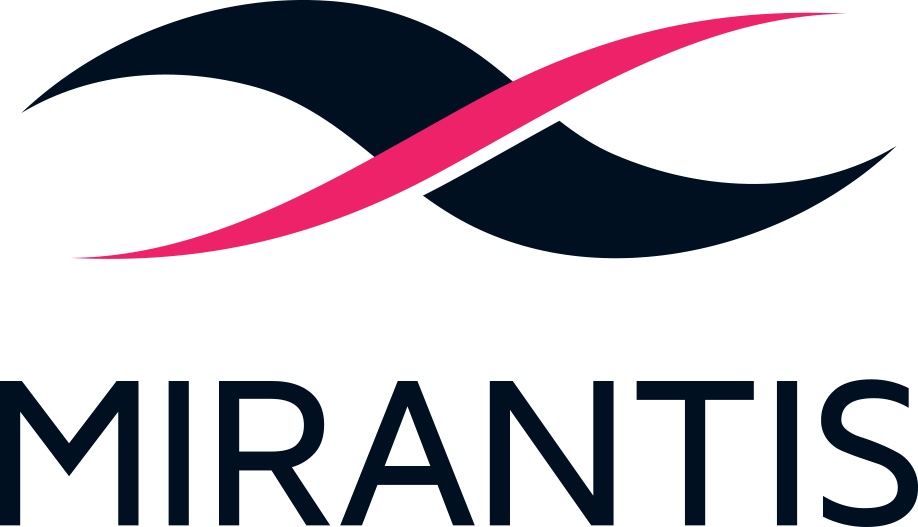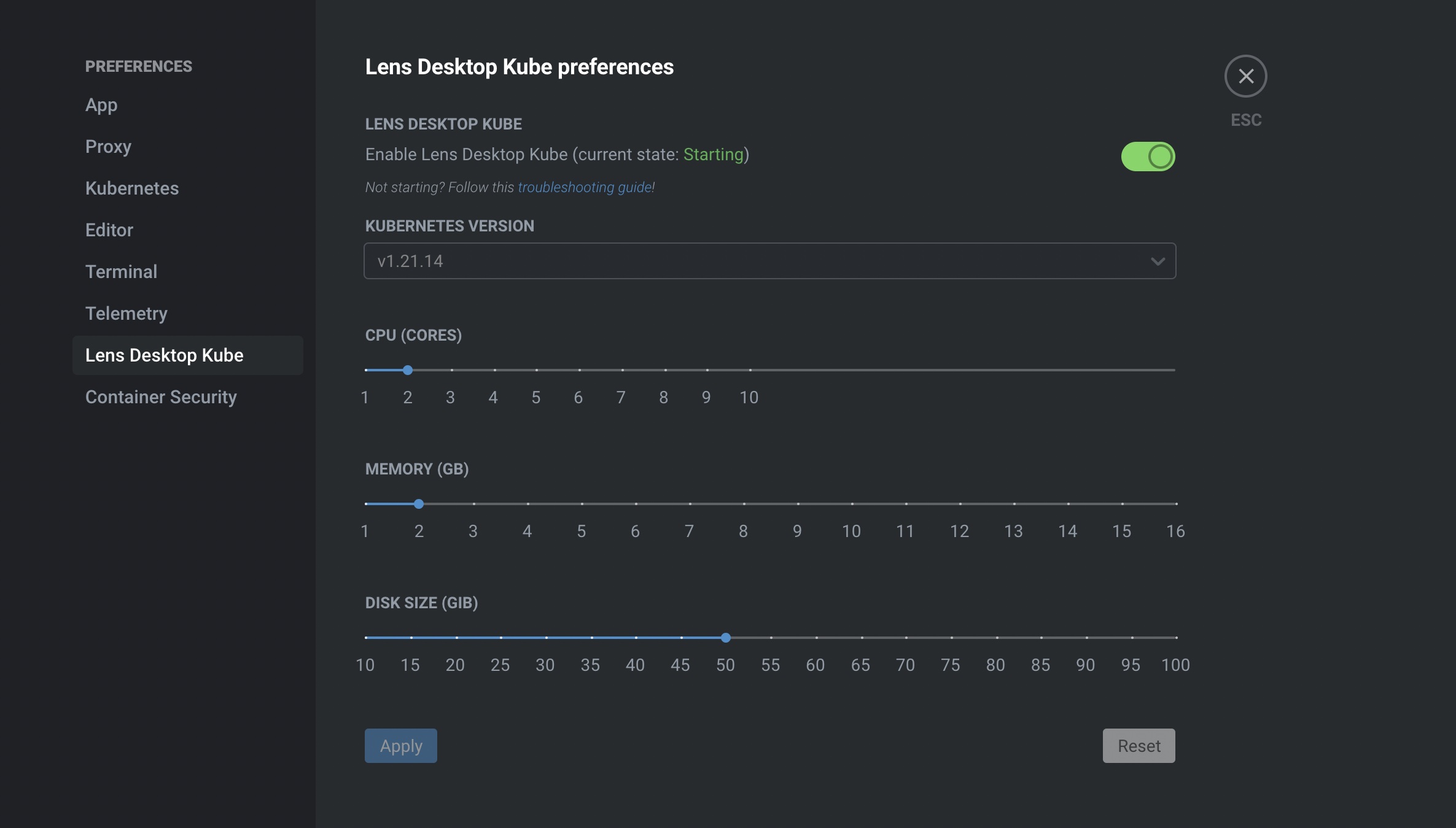Kubernetes is complex, and this is not just something mediocre developers struggle with. Google itself has admitted that the K8s container tech is very hard to learn. This is not only just a big distraction for developers who are originally hired to understand and build codes, but learning Kubernetes on top of existing duties throttles productivity. Recently, we met with Shaun O’ Meara, Field CTO and Mike Ward, Director of Product Marketing from Mirantis to talk about how Kubernetes complexities are slowing down developers. During the discussion, we learned how Mirantis is making lives of developers easy by abstracting away the complexities and excusing them from the learning Kubernetes on the job.
Navigating through the Complex Fabric of Kubernetes
Despite being the de-facto container orchestration platform, complexities on Kubernetes are inescapable. The reason for this is not because Google decided to make it hard on purpose. Contrarily, its infrastructural complexities are critical to the simplicity of applications. The Kubernetes fabric is full to the brim with things like security, scaling, and logging. While these on one hand make applications simpler, they make the job of developers and operators a lot harder.
So, what’s the way around this? The way around is to use tools that enable developers to dodge the stressful job of learning the complex system of Kubernetes, or make things easier to understand and simpler to operate, thus saving time and trouble.
Saving Developers’ Hours
This is what Mirantis does. In Shaun O’Meara’s words, “Mirantis takes away that need and stress away from developers so that they can just focus on building code which is a lot more valuable for the companies.” Not stopping at just Kubernetes, Mirantis goes on to simply the entire infrastructure that goes around Kubernetes, including CI/CD tools, security tools and other connected environments.
“Building out infrastructure is complex and time-taking. It is one of the reasons why companies are moving to the cloud – a significant amount of their workloads, if not entirely. But a lot of the companies that are still on-prem are going to remain that way for the foreseeable future. For those companies, we’re seeing a hybrid infrastructure starting to become real.”, O’Meara points out. “We’re working with them to have a cloud-first mentality and technologies while still supporting the on-premise infrastructure.”
Mirantis Helping Companies Deliver Value
Directly servicing over 600 customers, Mirantis is growing at a fast pace, notwithstanding the pandemic-time disruptions that have notoriously crippled many organizations and even driven some to seed. The growth however has not been just Mirantis’. A lot of the companies it caters to have grown at par, some ten folds or more over the past three years or so. These include Fortune 100 companies, especially enterprises in the regulated industries. Since its acquisition of Docker Enterprise in 2019, Mirantis has been on a path of accelerated growth. In 2021, it made over $100 million in revenue. In 2022, the company is expecting to overshoot that substantially, looking at the numbers of the first two quarters.

As a company focused on managed services in operational care, Mirantis’ has a mission that goes beyond bringing into the market a product of distinction. Mirantis understands that an outstanding product alone is not enough. Moving parts like support and operations play equally big roles in the success of the product. Mindful of its customers wants and expectations, Mirantis delivers on its mission by making sure that all of those areas are covered so that customers can not only gain value out of their purchases, but also create value for their customers in return. This is at the heart of everything they do.
In the coming months, Mirantis has a few announcements lined up. One of those is the Lens Pro which it launched last week. The Lens Pro is the advanced version of Lens, a product widely used by enterprises for development and operations on Kubernetes. Lens already saves companies hundreds of hours by simplifying and expediting development on Kubernetes. The Lens Pro comes with new feature sets which include on-demand live support, vulnerability reporting and a built-in K8s cluster.
Enhanced Developer Experience with Mirantis
Mirantis sits at the unique spot between the operators and developers. With the tools and services under it’s hood, Mirantis aims to bring both these professionals more visibility into the infrastructure and reduced work so that the developer experience is simple and superior. Going forward, it is going to make everything on its portfolio consumable in as-a-service delivery model.
Aiming to be a zero-ops software delivery hub, Mirantis automates and simplifies the delivery of open-source technologies from discovery to integration. But it’s not a free-size service that works for all. Mirantis’ OpsCare is a fully-managed service that individually and narrowly cater to the unique requirements of the users. Alternatively, customers can flexibly do their own operations work, while Mirantis support operations team monitors on their behalf, offering tech support only when required. Additionally, Mirantis also configures and builds out environment right off the bat.
Lens for Greater Productivity
Lens appears at the top of the Mirantis list of enterprise offerings. Powering Mirantis DevOpsCare, Lens is an Integrated Development Environment (IDE) for Kubernetes. Built to dial down the complexities in K8s, it makes it easier to adopt and use Kubernetes for developers and operators. As a tool central to Mirantis’ portfolio, there is a whole ecosystem surrounding Lens. It’s wide compatibility allows any API-based services to create extensions and plug-ins. For security tools, it has a series of extensions all available in one place.

Users can connect K8s clusters on any given CNCF certified Kubernetes platform which Mirantis authenticates and shares access credentials with given teams. Teams can simply log into Lens to find the list of clusters that are in use and access and modify components in the clusters as required.
Lens Pro which is the latest version of Lens offers a breadth of new features that are all built to not only simply the work of developers, but also maximize their productivity. In its latest version, it simplifies the iterative development loop when writing, building and debugging code, thus giving developers the time and opportunity to innovate. Intuitive interface makes management of workloads easy across clusters. Developers can discover problems early in the development cycle and stay on top of vulnerabilities with the new Lens Container Security features like Vulnerability Reporting, thus ducking potential last-minute disasters.
Lens Pro is available on monthly and yearly subscription per user. Subscriptions can be bought directly at the Mirantis website.
In conclusion
Using Kubernetes does not have to be so complicated for developers, or operators. Lens Pro makes it infinitely easy for both beginners and long-timers, saving both time and effort. With its advanced features, complicated tasks like spinning up development environments or setting up containers are down to a click. Overall management and development too is significantly simpler with Lens Pro. The on-demand live support is a great addition for teams working with complicated environments. All in all, the new Lens Pro is a great solution that will make the developer experience way less trying and a lot more code-focused. Thanks to Shaun O’ Meara for speaking with us and Glenn Rossman for setting up the meeting.
For more of their enterprise products, check out Mirantis’ website. To stay updated with the latest and greatest in enterprise tech, keep reading here at gestaltit.com or sign up for our newsletter at no cost to you for your weekly dose of tech updates delivered at your inbox.

